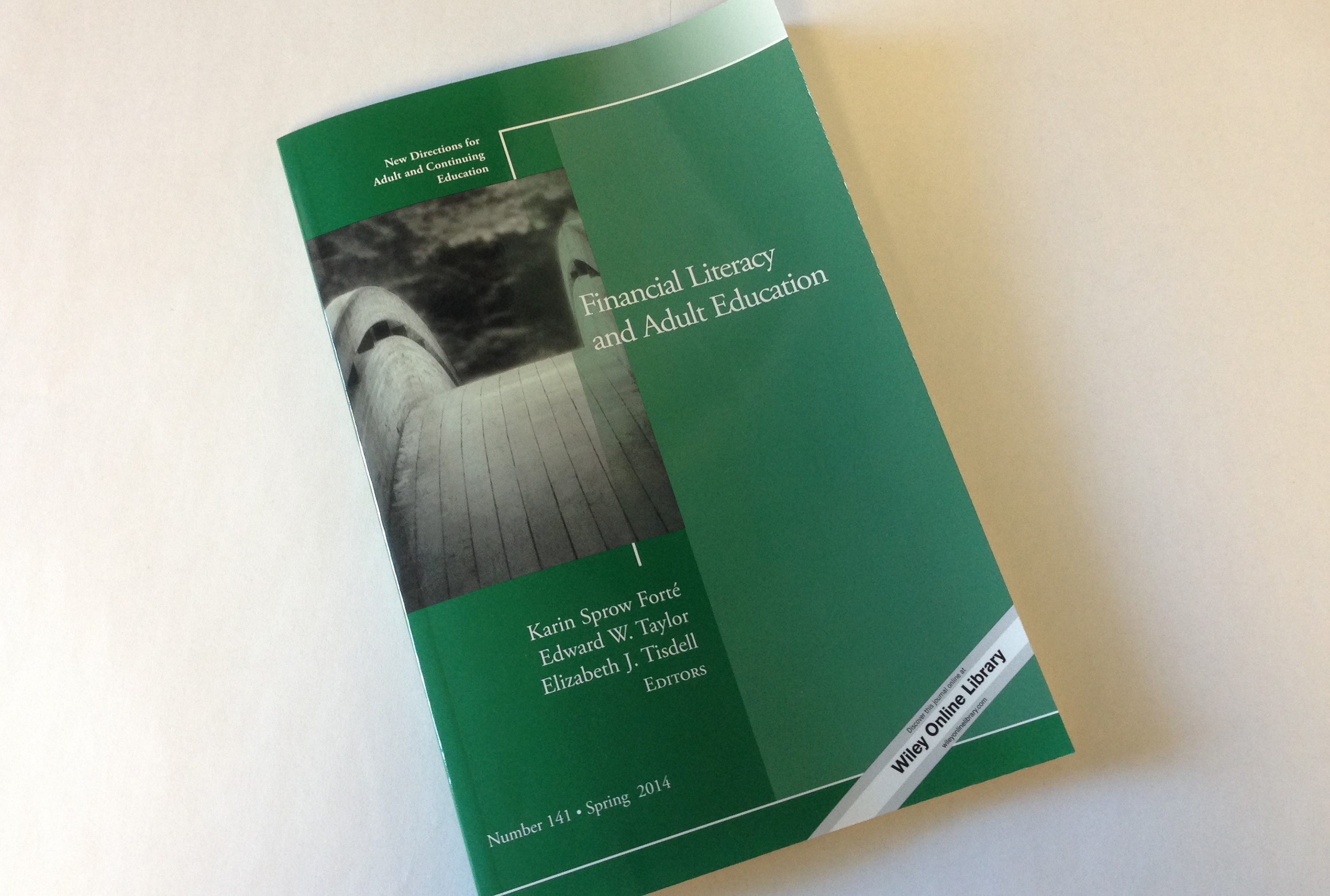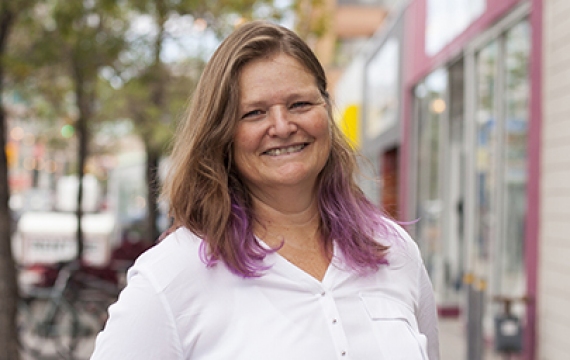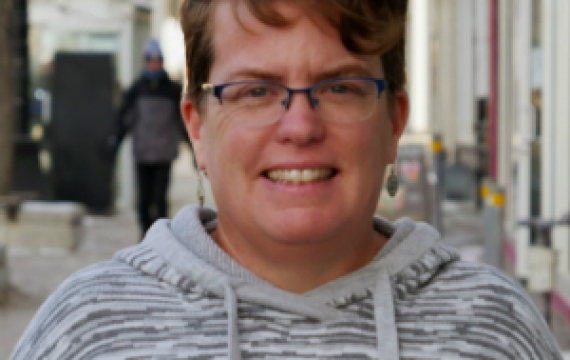
Some Canadians have limited options for financial learning

Canadians with low-incomes have limited opportunities for learning about finances, argues Dr. Jerry Buckland, Dean at Menno Simons College, in a newly published article.
In Structural Barriers, Financial Exclusion, and the Possibilities of Situated Learning for Financial Education, Buckland draws on the concept of situated-learning, or practice-based learning, to explain the limited options low-income people have for increasing their financial literacy.
“If you’re in an inner city where there are very few banks and banks aren’t interested in you, what are your opportunities for learning about finances and thereby improving your finances? Not very good,” he says.
In low-income neighbourhoods, Buckland says there are plenty of fringe banks, such as payday lenders, cheque cashers, and rent-to-own shops. Low numbers of mainstream banks mean that people in these neighbourhoods are not able to easily learn about financial options such as savings or establishing credit. Lack of access to financial education and options can reinforce poverty.
“Our visions for our lives and the ways we see our lives being improved is very much limited by the situation in which we live and work,” says Buckland.
In order to improve peoples’ financial prospects and foster financial learning, Buckland argues for improved training for bank staff about the needs and interests of low-income people, an increased number of banks in low-income neighbourhoods, and greater access to tools that can help people deepen their savings and credit.
Ellen Paulley is the Writer & Social Media Coordinator for Menno Simons College




